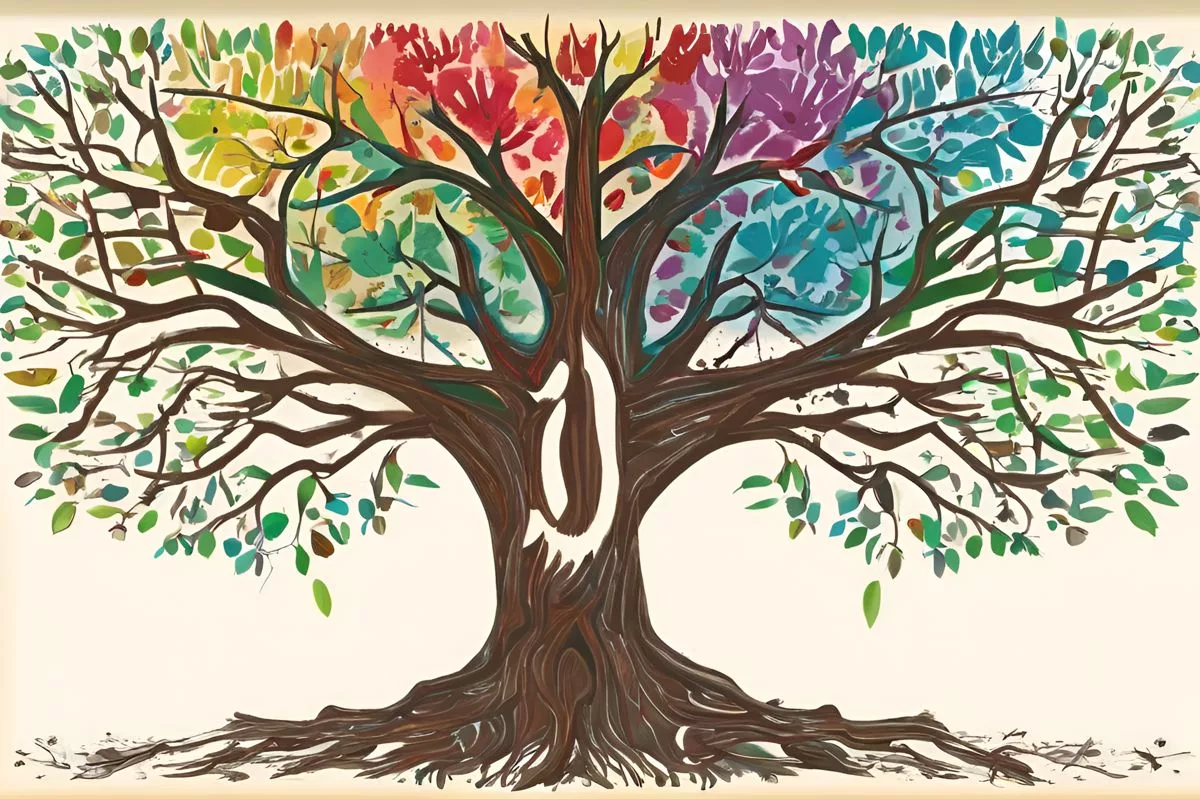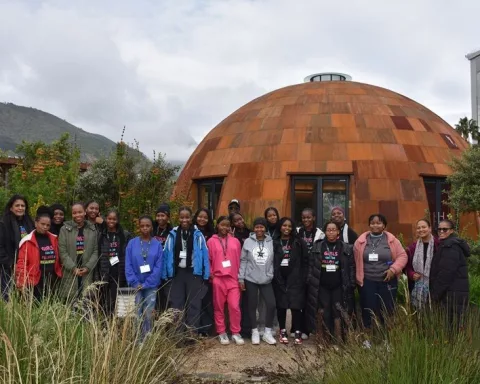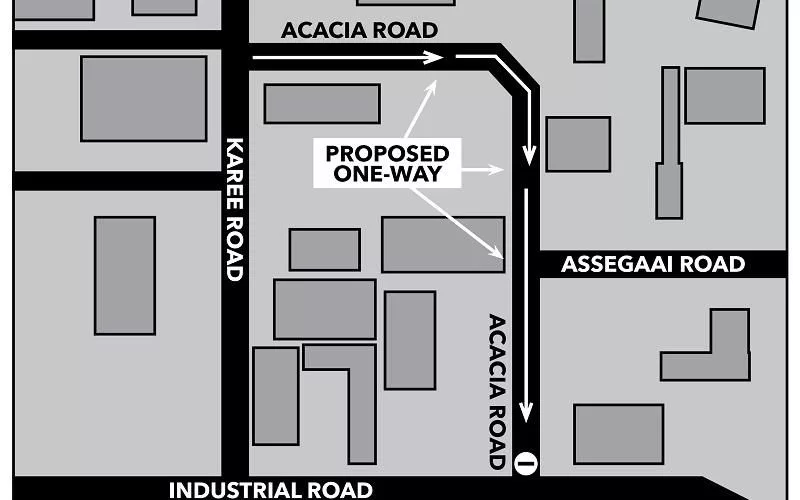The women’s empowerment discussion at the Provincial Women’s Dialogue included progress made over the past 30 years and ongoing challenges such as gender-based violence. Minister Maropene Ramokgopa delivered a moving keynote speech, paying homage to the women who paved the way for continuous initiatives to uplift and liberate women. The dialogue served as a call to action for collective efforts towards enhancing women’s empowerment and aligning policies with the National Development Plan. While progress has been made, there is still work to be done, and women’s empowerment is vital for achieving development objectives and generating economic opportunities for everyone in South Africa.
What was discussed at the Provincial Women’s Dialogue?
The Provincial Women’s Dialogue discussed women’s empowerment in South Africa, including the progress made over the past 30 years, government initiatives for women’s empowerment, and the ongoing challenges of gender-based violence and femicide. The event served as a call to action for collective efforts towards enhancing women’s empowerment and aligning policies with the National Development Plan.
Tucked within the heart of the Free State, the Provincial Women’s Dialogue culminated with a stirring keynote speech delivered by Minister Maropene Ramokgopa, the Presidential Minister for Planning, Monitoring and Evaluation. The venue pulsed with unity and expectancy as prominent figures such as MaQueen Letsoha-Mathae, the Premier of the Free State, and leaders like Gugu Ndebele, the CEO of the Oprah Winfrey Leadership Academy for Girls, congregated.
Commemorating the Historical Struggle for Women Empowerment
Ramokgopa’s speech served as a moving homage to the steadfast women who, during the notable women’s march of 1956, set the groundwork for continuous initiatives to uplift and liberate women. She encouraged the listeners to pay tribute to their heritage and abide by their values not just during Women’s Month, but beyond. As she set the atmosphere for a discussion on women’s empowerment in South Africa, she recollected the progress women have made over the last 30 years of democratic rule, under the banner, “Celebrating 30 Years of Democracy Towards Women’s Development.”
The South African government, Ramokgopa emphasized, has maintained a resolute dedication to women’s empowerment since democracy’s birth in 1994. Nonetheless, she acknowledged, obstacles remain. She underlined the significance of discussions and engagements like this one, not as isolated events, but as year-round collective obligations.
Government Initiatives for Women Empowerment
The minister stressed the importance of regular execution of plans and strategies to bolster women’s empowerment, associating it inherently with the country’s development path. She elaborated on the government’s commitment to centering women, the youth, and persons with disabilities in development priorities, through the execution of the National Development Plan (NDP), the Continental African Union (AU) Agenda 2063 and the global United Nations (UN) Sustainable Development Goals (SDGs).
Observing the advancements over the past 30 years in the realm of women’s empowerment illustrates a nation that has made substantial progress. As noted in the 2023 Global Gender Gap Report by the World Economic Forum, South Africa, along with 15 other countries, has sealed over 70% of the gender gap. This progress is clearly visible in the increased proportion of women in legislative bodies, with women making up 45% of the Parliament in 2019, a significant leap from a meager 2.7% in 1994.
Women Empowerment: Achievements and Challenges
Besides political gains, the country has also progressed in policies promoting women’s empowerment. Housing subsidies for women-led households have risen from 6.3% in 2002 to 23.1% in 2019. The number of single female homeowners surpassed that of single men in 2019. The field of education and skill development similarly reflects this trend, with a higher number of female students enrolling in tertiary education institutions.
Regardless, the minister also pointed out a constant issue in South Africa’s women’s empowerment scenario – the plague of gender-based violence and femicide (GBVF). She expressed sorrow that South Africa has one of the highest femicide rates worldwide, calling all society sectors to unite against GBVF. She echoed President Cyril Ramaphosa’s plea to men to oppose GBVF, emphasizing the need to establish a secure environment for women to participate in socio-economic activities.
The Women’s Dialogue, therefore, acted as a springboard for collective action, urging all government levels to persist in enhancing the progress made in empowering women in the country. It was more than just speeches and debates; it was a confirmation of the government’s commitment to aligning policies with the NDP and amplifying efforts towards women’s empowerment.
Moving Forward with Women Empowerment
While the dialogue reflected on the progress made, it was also an acknowledgment of the work yet to be done. Ramokgopa’s remarks served as a reminder that women’s empowerment is vital for achieving development objectives and generating economic opportunities for everyone in South Africa. The fight for gender equality persists, but with discussions like these, South Africa is unquestionably on the right trajectory.
What is women’s empowerment?
Women’s empowerment refers to the process of developing and enhancing women’s abilities, confidence, and influence in various spheres of life, such as the economy, politics, and culture. It involves addressing gender inequality and discrimination, promoting equal opportunities, and enabling women to participate fully in social, economic, and political life.
Who delivered the keynote speech at the Provincial Women’s Dialogue?
Minister Maropene Ramokgopa, the Presidential Minister for Planning, Monitoring and Evaluation, delivered the keynote speech at the Provincial Women’s Dialogue.
What are some government initiatives for women’s empowerment in South Africa?
The South African government has committed to centering women, the youth, and persons with disabilities in development priorities through the execution of the National Development Plan (NDP), the Continental African Union (AU) Agenda 2063, and the global United Nations (UN) Sustainable Development Goals (SDGs).
What are some achievements and challenges in women’s empowerment in South Africa?
South Africa has made substantial progress in women’s empowerment over the past 30 years, including increased representation of women in legislative bodies and policies promoting women’s empowerment in areas such as housing and education. However, gender-based violence and femicide remain a significant challenge, with South Africa having one of the highest femicide rates in the world.
Why is women’s empowerment vital for achieving development objectives and generating economic opportunities for everyone in South Africa?
Women’s empowerment is essential for achieving development objectives and generating economic opportunities for everyone in South Africa because it involves addressing gender inequality and discrimination, promoting equal opportunities, and enabling women to participate fully in social, economic, and political life. By empowering women, South Africa can harness the potential of half its population to drive economic growth and development.
What was the main focus of the Provincial Women’s Dialogue?
The main focus of the Provincial Women’s Dialogue was women’s empowerment in South Africa, including the progress made over the past 30 years, government initiatives for women’s empowerment, and the ongoing challenges of gender-based violence and femicide. The event served as a call to action for collective efforts towards enhancing women’s empowerment and aligning policies with the National Development Plan.












